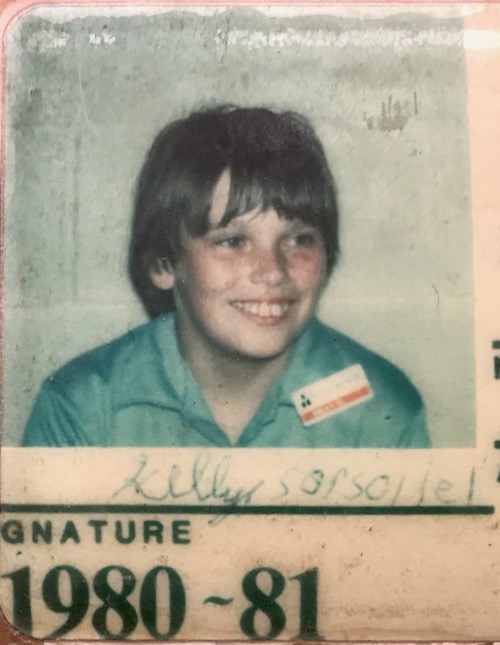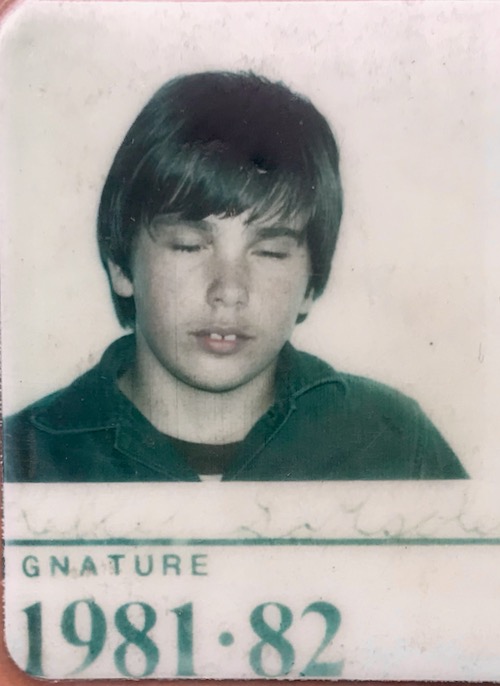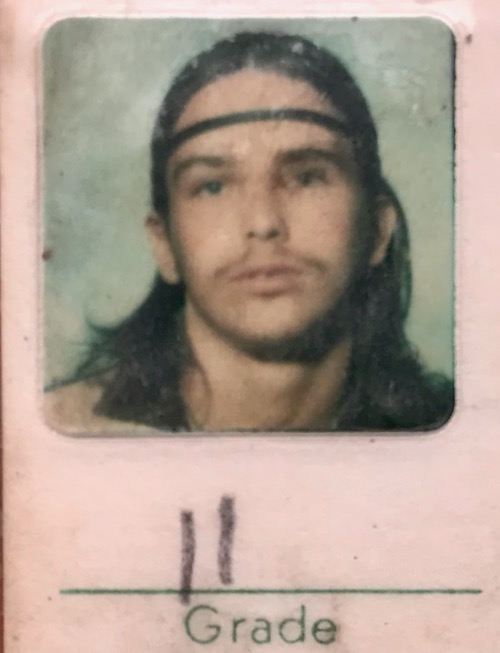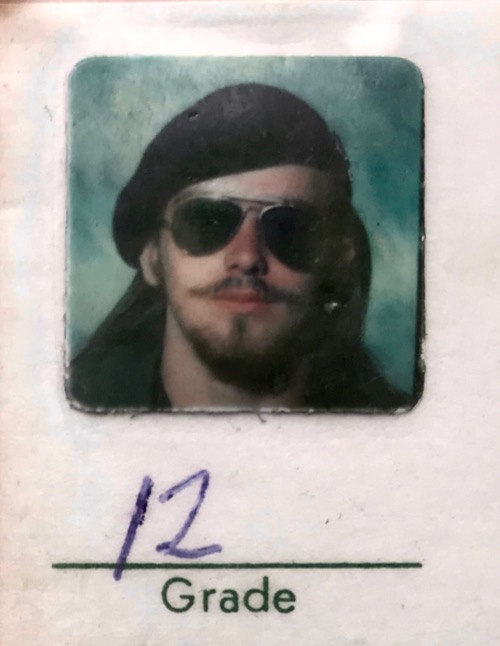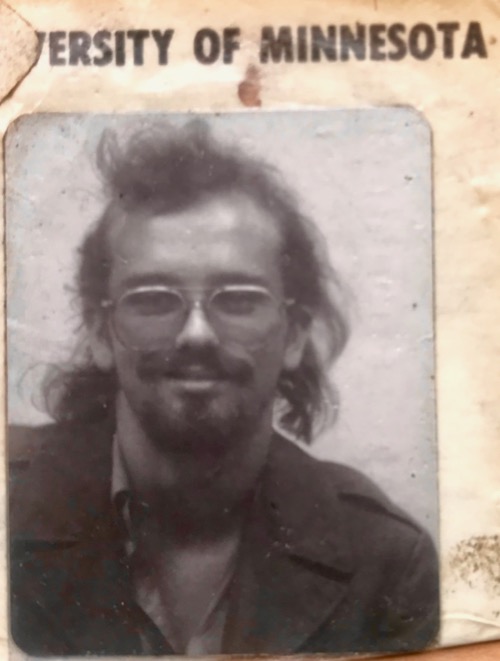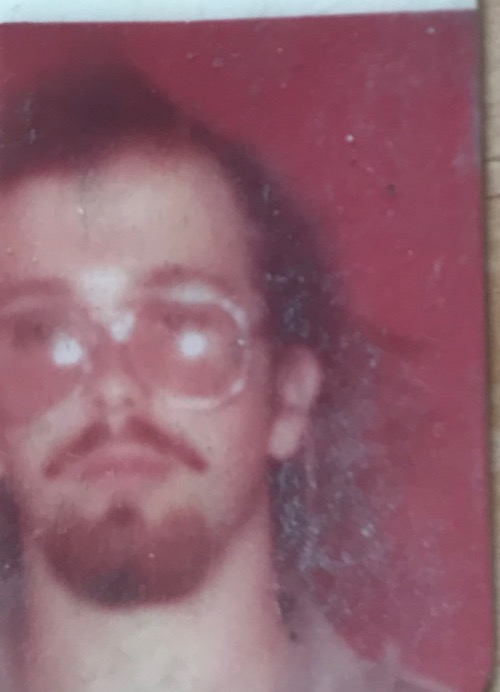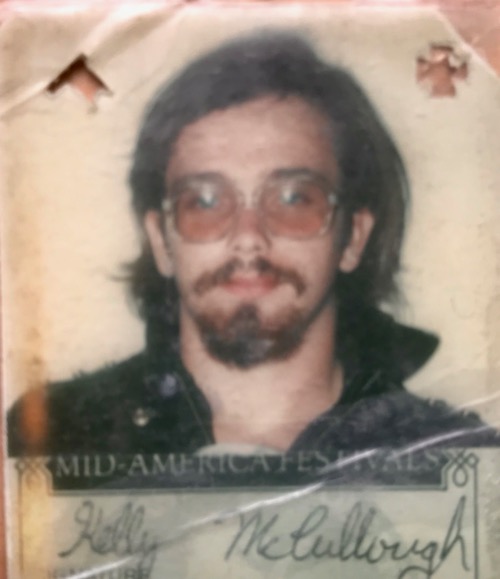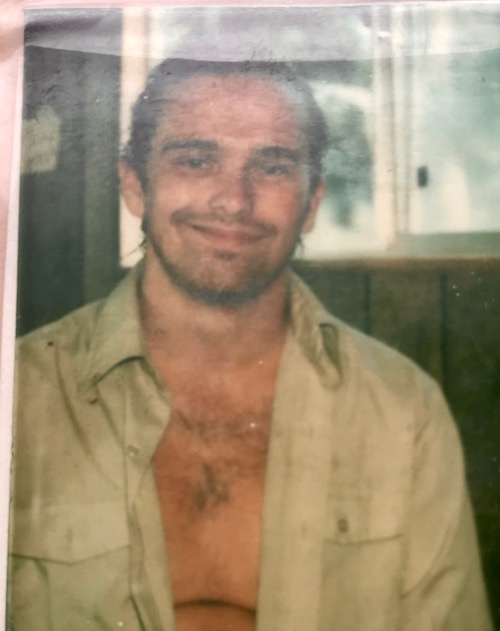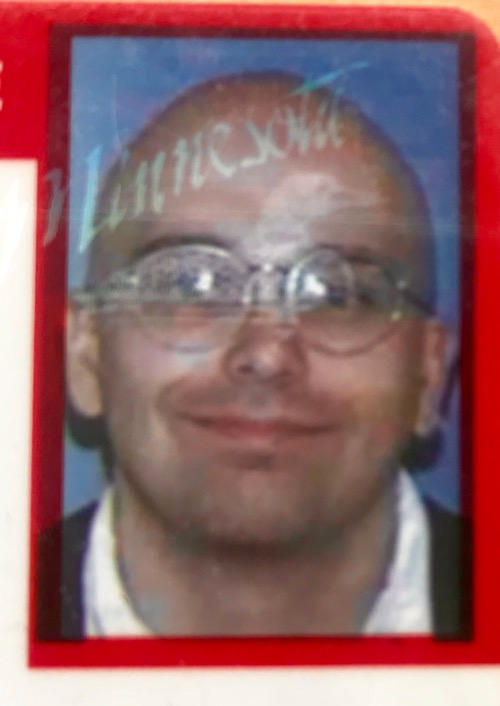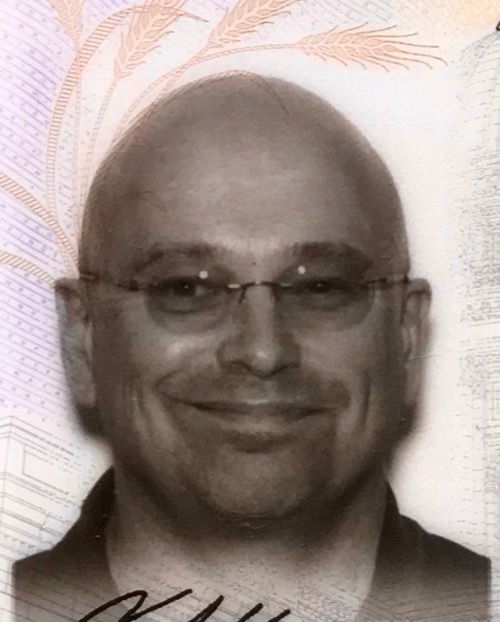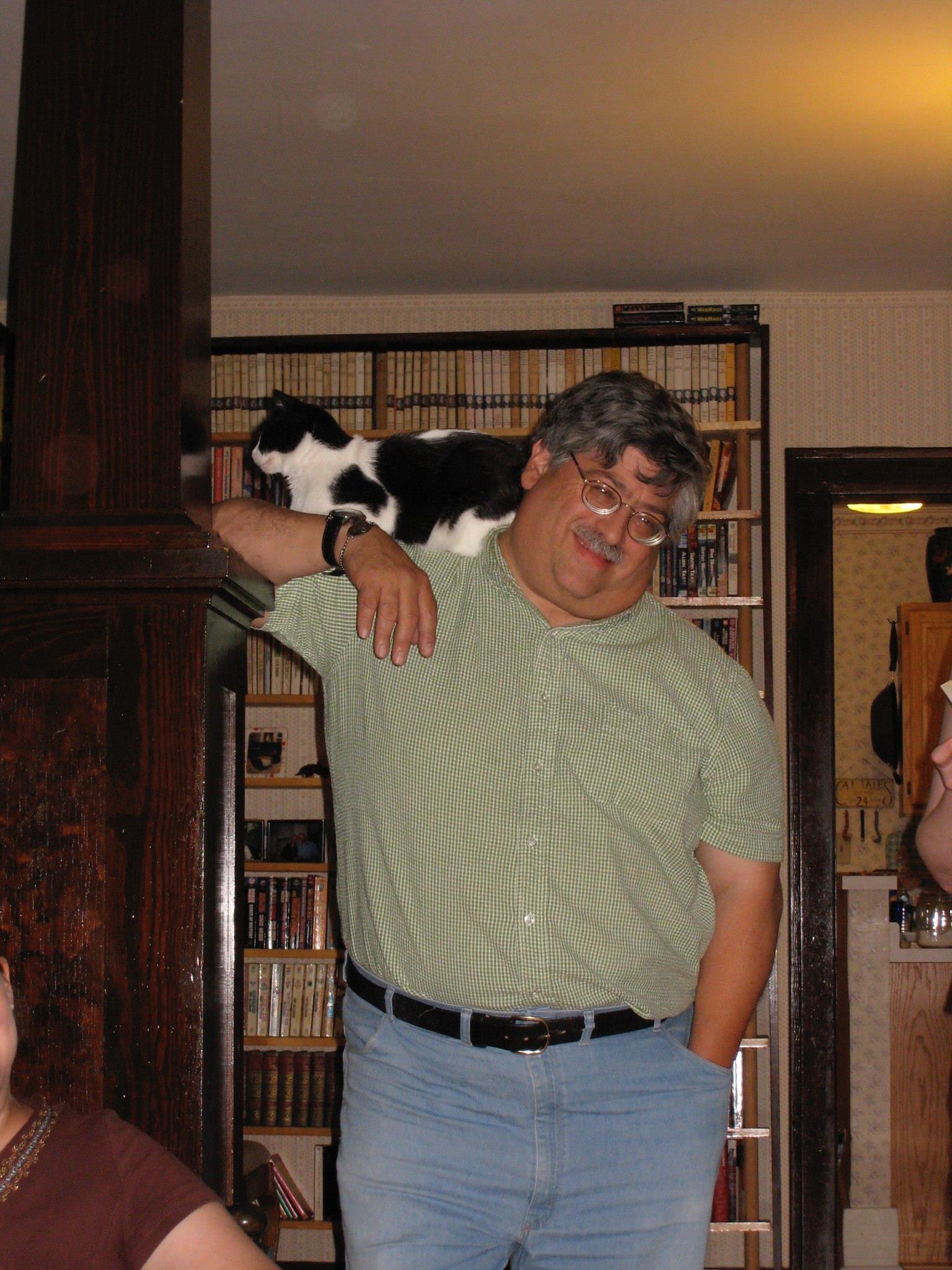Every morning I get up knowing that I’m going to be making between two and four humor posts, and that people need to laugh right now perhaps more than at any time previously in my life. I also know that it might be a reach day when I go beyond the baseline. I don’t always succeed, but I do always try.
One part of that is understanding that there are lines that you have to cross to make things funny and lines that shouldn’t be crossed if you don’t want to hurt people. My process for humor is largely built on top of poking at the English language and seeing what falls out.
That means following the loops and puns of language to places that can be pretty fucking dark. When I get there I always pause before posting and think about who this joke might harm. That means that something between ten and sixty percent of what I come up with on a given day gets thrown away. Humor is transgressive by nature, and that means that you have to explore where the speculation takes you, and you also have to pause and assess whether a given transgression is going to hurt people who are vulnerable and who have already been hurt too much.
I have come up with things that are hella funny that would probably make ninety percent of my audience laugh pretty hard at a moment when they really need a laugh, but which comes at a cost of hurting some portion of the ten percent who wouldn’t laugh in a way that is unacceptable for anyone who cares about paying attention to the vulnerable.
In humor, as in life, restraint is as important as pushing yourself to the limits.

